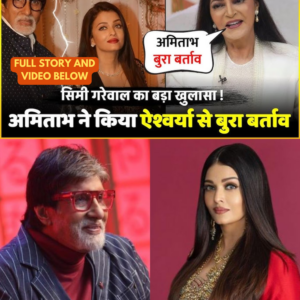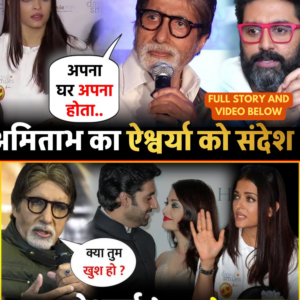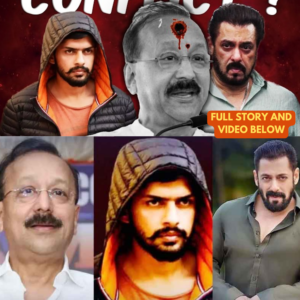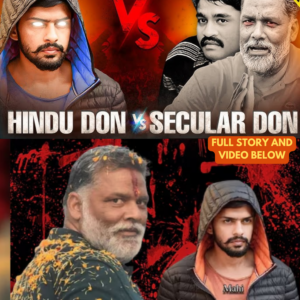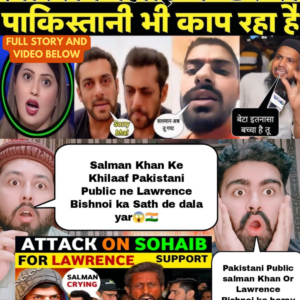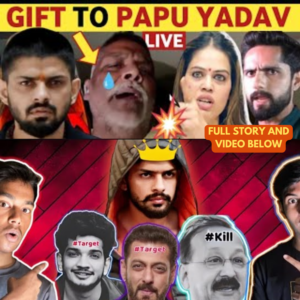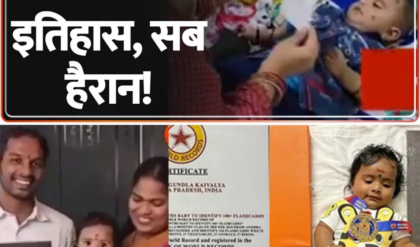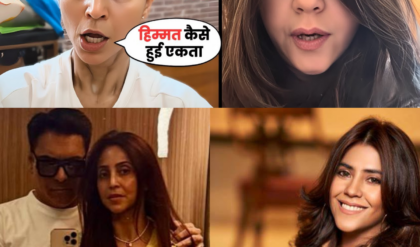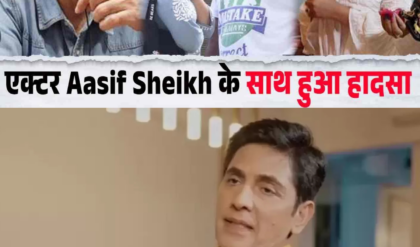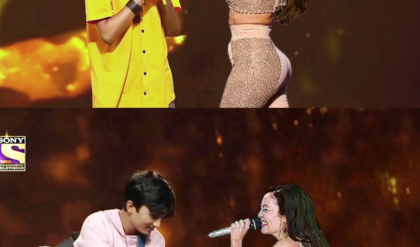Chhotu Dada jumps into Salman Khan-Lawrence controversy, Nadim Khan is shocked
The ongoing controversy involving Bollywood star Salman Khan and gangster Lawrence Bishnoi has become a focal point of discussion in recent times. As the elections approach, many believe that the heightened tensions surrounding this issue are part of a broader political narrative aimed at influencing public perception. Analysts suggest that similar situations in the past were often downplayed, but today, such incidents are leveraged for electoral gains.
In Uttar Pradesh, the emergence of counterfeit medicines raises alarm bells about public health. A recent case involving a manufacturer of fake drugs highlights a growing concern, particularly as these products could endanger lives. However, this pressing matter has been overshadowed by sensationalist media coverage, focusing instead on trivial debates that divert attention from serious issues.
Moreover, cultural controversies have also taken center stage. The government’s scrutiny over what citizens wear or how they express themselves has created an atmosphere of fear and censorship. Recent backlash against a film scene featuring Deepika Padukone in an orange bikini exemplifies how deeply intertwined politics and cultural expressions have become, with accusations of religious disrespect proliferating.
The discourse surrounding public figures has grown increasingly polarized. Comparisons between Mahatma Gandhi and contemporary figures like Nathuram Godse showcase a troubling trend where extremist views are gaining traction. This distortion of historical narratives poses significant questions about the values being promoted in today’s society.
As the public grapples with these complexities, the specter of violence looms large. Lawrence Bishnoi’s declaration of intent to target Salman Khan has sparked debates about the safety of public figures in India. It underscores the urgent need for protective measures, particularly as the actor finds himself at the intersection of celebrity and crime.
Many are left wondering why the narrative seems to be focused on Khan rather than addressing the broader issues of crime and safety in the country. The dynamics of fame and notoriety complicate public perceptions, often making celebrities targets in politically charged environments.
In light of these developments, there are calls for a more balanced discourse. The focus should shift from sensationalist reporting to substantive discussions about governance, law enforcement, and the responsibilities of media in shaping public opinion. The public deserves to be informed about critical issues rather than being drawn into divisive narratives.
As the elections draw near, the intersection of politics, culture, and crime will likely remain a hotbed of discussion. The public’s reaction to these events could very well influence electoral outcomes and shape future policies. It is essential for leaders to rise above the fray and address the root causes of societal unrest.
Ultimately, the saga of Salman Khan and Lawrence Bishnoi serves as a microcosm of larger societal issues. The interplay between celebrity culture, political narratives, and public safety will continue to evolve, necessitating thoughtful engagement from all stakeholders involved. As this story unfolds, it highlights the urgent need for a discourse rooted in accountability and constructive solutions.
News
Amitabh Bachchan behaved badly with his daughter-in-law Aishwarya Rai | Amitabh IGNORE Aishwarya Rai
In recent weeks, a wave of speculation has emerged suggesting that all may not be well between former Miss World Aishwarya Rai and the iconic Bachchan family. This speculation has captured the attention of fans and the media, as rumors…
Amitabh gave a message to daughter-in-law Aishwarya Rai, said “No matter how your house is, it is yours”
Amitabh Bachchan, the iconic figure of Indian cinema, has a longstanding tradition of engaging with his audience through social media. He often shares reflections on his life, career, and personal philosophies. Recently, a particular post of his has stirred significant…
Salman Khan vs Lawrence Bishnoi | Why it is Happening? |
Salman Khan vs Lawrence Bishnoi | Why it is Happening? | The tension between Bollywood superstar Salman Khan and gangster Lawrence Bishnoi has become a hot topic in recent news. This clash is not just a simple feud; it embodies…
Lawrence Bishnoi Vs Pappu Yadav | Bishnoi Targets Anti-India Mafia?
In the ever-evolving landscape of India’s criminal underworld, a new chapter is unfolding, marked by the dramatic confrontation between notorious gangster Lawrence Bishnoi and the infamous Bihar don, Pappu Yadav. This rivalry has escalated recently, with Bishnoi’s gang issuing a…
LAWRENCE BISHNOI VS SALMAN KHAN, PAKISTANI PUBLIC REACTION AFTER NADEEM KHAN VIRAL VIDEO, REAL TV
The recent controversy involving Bollywood superstar Salman Khan and Lawrence Bishnoi has sparked intense discussions across communities, especially concerning allegations of animal cruelty. The speaker, representing a particular community, emphasizes that if there is evidence that Khan has harmed a…
LAWRENCE BISHNOI’S DIWALI GIFT TO PAPU YADAV LIVE, AFTER NADEEM KHAN & SALMAN KHAN, LATEST NEWS
In a recent live discussion, significant attention was drawn to the ongoing tensions surrounding Pappu Yadav and Lawrence Bishnoi, especially in light of recent developments involving prominent figures like Nadeem Khan and Salman Khan. The speaker began by addressing the…
End of content
No more pages to load
